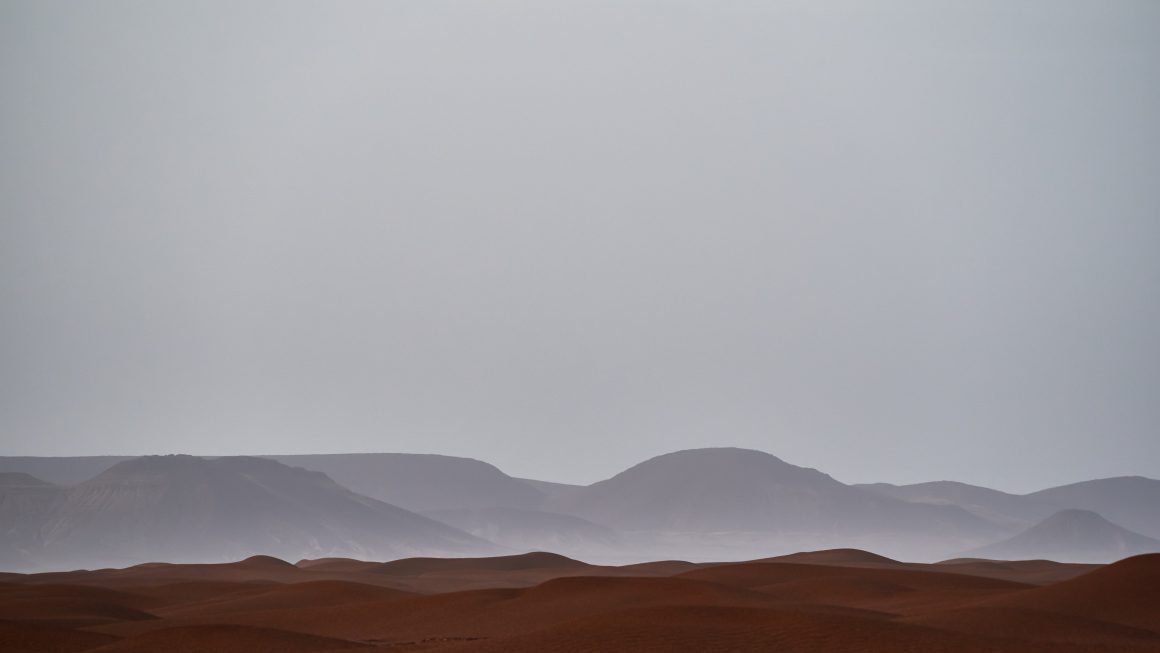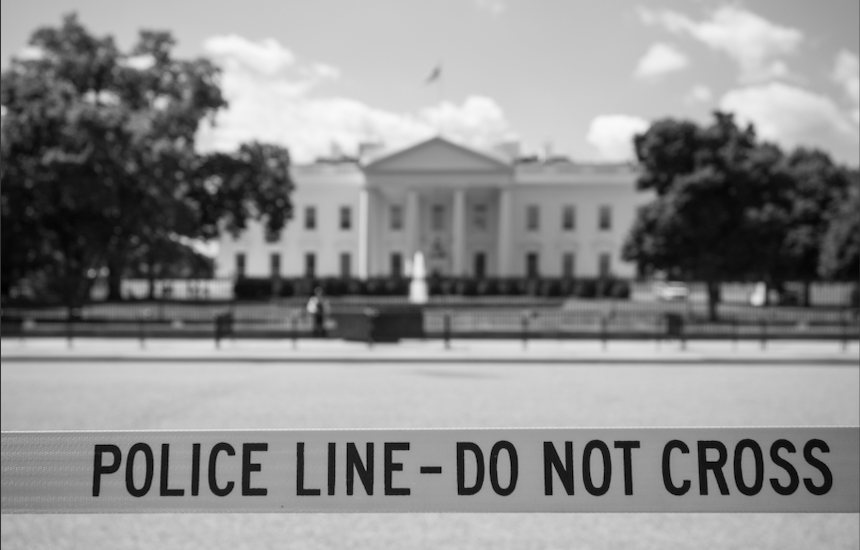This is the second in a series of posts about Serial 2, a podcast focused on the war in Afghanistan. It centered around Bowe Bergdahl, and I wrote responses to the podcast for my first semester International Relations major-required course, Introduction to World Politics. We learned about the international state system, and challenges to international politics today.
In the second episode of Serial 2, issues about freedom of the press and finding reliable journalistic sources is explored through contrasting stories surrounding Bowe Bergdahl’s capture by the Taliban. Narratives throughout the podcast, whether given by the Taliban of Bowe’s capture, or depicted through reactions to his disappearance from fellow soldiers, contrasted with the Wikileaks account, show that even with all the technology at our disposal to search and share information, sometimes factual truth and emotional story have effectively the same outcome.
Primarily, narrator Sarah Koenig gets into contact with a Taliban who aided in the capture of Bowe, with the help of a local interpreter and journalist, as well as U.S. Army soldiers who either knew Bowe personally or were in Afghanistan at the time of his capture. According to Bowe and confirmed U.S. reports, the soldiers did not know Bowe’s intentions before he left OP Mest. Their reactions to him, as a person and a soldier, as the DUSTWUN went through the chain of command and as the Taliban evaded U.S. operations to find Bowe, demonstrates the difficulties on the ground of maintaining morale and understanding the necessity of abiding by a mission even when Bowe left of his own accord, the difficulties in controlling media perception of the DUSTWUN and of the upper level command as they try to hold search missions together even when it is apparent that Bowe is not in Afghanistan anymore. Still, the exact events of his capture, of what exactly happened, vary by Bowe’s, the Taliban’s and Wikileaks accounts. All remember what happened a little differently.
According to Wikileaks, a non-profit organization (whose servers are located in Sweden) which publishes a database of anonymously provided sources, especially classified and leaked material, the timeline of the U.S. Army looking for Bowe in the first week is established in an operational perspective. Wikileaks has a collection of Iraq War Diaries, of which one is the “Criminal Event (Kidnapping)” of Bowe. As stated by the leak, the OP Mest first reports a missing soldier up the chain of command, then stations and outposts throughout Afghanistan look for Bowe, and afterward report back at “100%,” except for Bowe’s Blackfoot Company. The timeline that follows has the Army establish a DUSTWUN, using equipment and personnel to search for him, while receiving intel about Bowe from outside sources as continue conducting search and rescue raids and intelligence gathering. Although it is interesting to see the how the bureaucratic trail of acronyms and keywords in military operations works together, I am surprised at how little is conveyed. Most information besides the basics necessary to communicate is probably restrained in case there is a leak. Is anything missing or redacted from this account?
Wikileak’s mission, taken from its ‘about’ page, is to “bring important news and information to the public,” especially classified primary source material. I do not totally agree with the mission of the organization, because I think some information should be classified for safety and security reasons, however, freedom of speech is a human right that I believe in, and I think it aids journalists and raises public consciousness and reinforces intellectual freedoms. Yet somehow, it is hard for me to reconcile the need for more transparency in government and military operations and the need to conceal something vital, like the positions of covert military operations or the identity of a protected source. I want to investigate more how corruption may be stymied by publishing on Wikileaks, and in learning more about who contributes documents and why they choose to do so. Are documents sometimes leaked to influence political outcomes?
Sifting through the competing accounts about the capture timeline and Bowe’s captivity is also important because it impacts the how the U.S. government, or the Army, charges Bowe as a deserter, how Bowe is treated in court and in the media when he eventually returns, and what we think of him now. The accounts from the Taliban, say he is accosted outside unarmed, or wandering a village, or while fighting back. U.S. soldiers performed search and recovery which went on for 45 days, giving candy to local boys and gave information that was close to Bowe’s location (confirmed by the Taliban), and became hopeless after Bowe was transported to Pakistan. Koenig asserts that the Taliban became aware of a missing soldier because of the Army’s efforts to recover him. In the Wikileaks, the U.S. military heard a conversation over chatter, “WE WERE ATTACKING THE POST HE WAS SITTING TAKING EXPLETIVE HE HAD NO GUN WITH HIM.” According to Bowe, motorbikes rode up to him and he, seeing them coming right at him, gave himself up. Another account is the chatter that describes an American looking for anyone who speaks English, while wielding a camera in plain sight, which contradicts that Bowe said he was walking in the desert.
What the accounts show pieced together, is that stories are unwieldy, memories are unreliable, and ultimately some stories cannot be corroborated definitively in a way we expect in the U.S. Even after evidence of U.S. Army communications, stories relayed by Bowe, and direct conversations between Taliban and journalist, anyone could still be lying or fabricating or embellishing, or telling the truth, but the truth could be so unlikely or misconstrued that it would never be believed anyway. Or the story is a combination of everything, or a few things, or something different. How can we trust a source, and how can you verify a story between a group? And does it matter, when Bowe, the lucky ‘Golden Chicken,’ is already moved to Pakistan, where the U.S. Army cannot follow?
At the beginning of the podcast, Koenig states that the Army has decided on a general court martial, but that the officials who spoke extensively with Bowe feel sympathetic to him. In contrast, the soldiers who served with him are less forgiving and more angry. They also dealt more closely with the realities or searching for Bowe, of no hygiene and difficult days and nights spent fulfilling a mission when they know Bowe is unreachable already, held a border away, in Pakistan. Throughout the episode is a sense of weariness, of no easy side to land on Bowe, and the reality is that as much as he may have wanted to raise awareness of living and social conditions, it involved more manpower than a DUSTWUN communication and investigation. It directly impacted many more people than himself, and yet he is the focus and the target and the prisoner. The Taliban knew the Army was looking for Bowe, and so they fed false information to informants. As the Army tried to get Bowe back at all costs, one raid was at a dangerously booby-trapped compound; everything done to find Bowe was constricted by the lack of institutional knowledge in Afghanistan. The line of questioning by the Army transitions upon Bowe’s return from where Bowe is, to what exactly was the motivation to leave, to whether his imprisonment is punishment enough.
Throughout listening to The Golden Chicken, I kept thinking about the first episode. The items Bowe brought were strange to me: a camera, some water, a knife. The camera suggests he wanted to photograph something. It seems like an unnecessary item to take on a twenty mile hike. The small amount of water would have to be supplemented at some point for a day long trek. Did he stop for water? And Bowe had to have known a knife would do little for self-defense against armed Taliban, against anyone in the desert. Why did he bring this array of items? Does it provide any evidence that he walked in the desert when he was captured, or was in a village? Does any of that really matter when an American soldier is held by a terrorist organization?




